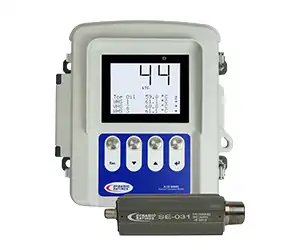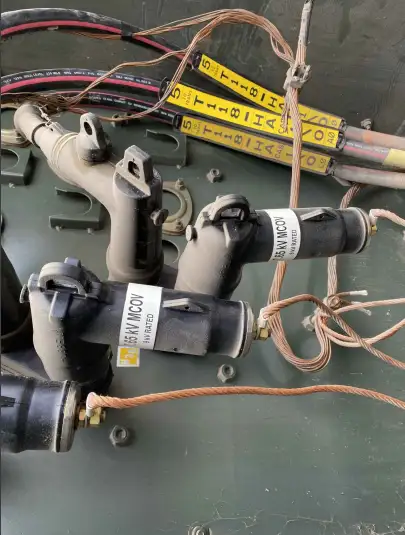Ground Fault Relays
Distance Protection Relays
Distance Relay Challenges in Meshed Networks
Digital or Numerical Relays
Reliability Issues in Numerical Relays
Overcurrent Relays
Coordination Challenges in Overcurrent Relay Protection
Motor Protection Relays
Evolution of Motor Protection with VFDs
Solid-State Relays (SSR)
SSRs in Industrial Automation and Control Systems
Protective Relays
Coordination Between Digital and Electromechanical Relays
The transition from electromechanical to digital relays in power systems often results in a hybrid environment where both types of relays operate simultaneously. This mixed setup presents unique challenges in coordinating protection schemes effectively.
The transition from electromechanical (EM) relays to digital relays is a well-established trend in power system protection. However, during this transition period, a hybrid system with both relay types coexisting on the grid is a common reality. This presents a unique challenge: coordinating protection schemes that involve relays with fundamentally different operating principles. This article explores the challenges associated with relay coordination in a mixed digital and EM relay environment, outlining strategies to mitigate these challenges and ensure effective system protection.
Coordination Complexity
Operating Principle Discrepancies
Electromechanical and digital relays differ fundamentally in their operating principles. While electromechanical relays respond to physical parameters with inherent delays due to mechanical operations, digital relays process signals electronically, often resulting in faster and more precise responses. Coordinating the two types to ensure seamless operation is a significant challenge.
Timing and Sensitivity Issues
The timing and sensitivity settings in electromechanical relays are often fixed or manually adjustable, whereas digital relays offer more dynamic and adaptable settings. Ensuring that these differences...

















